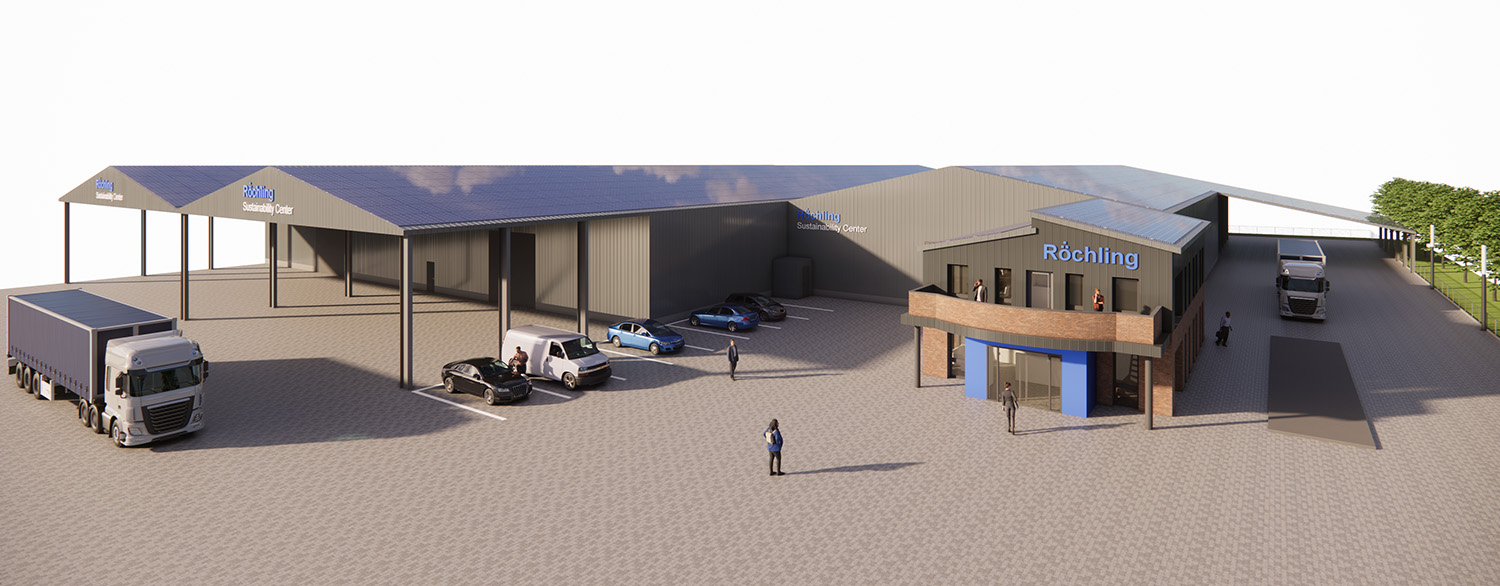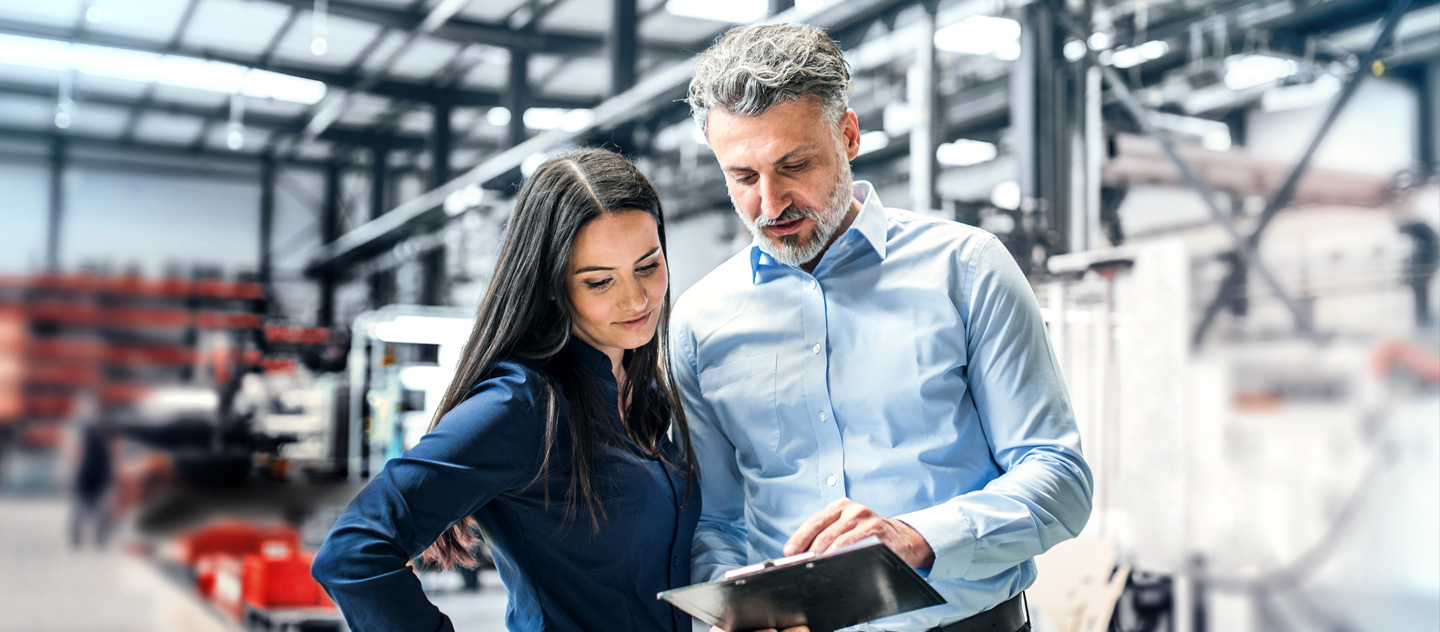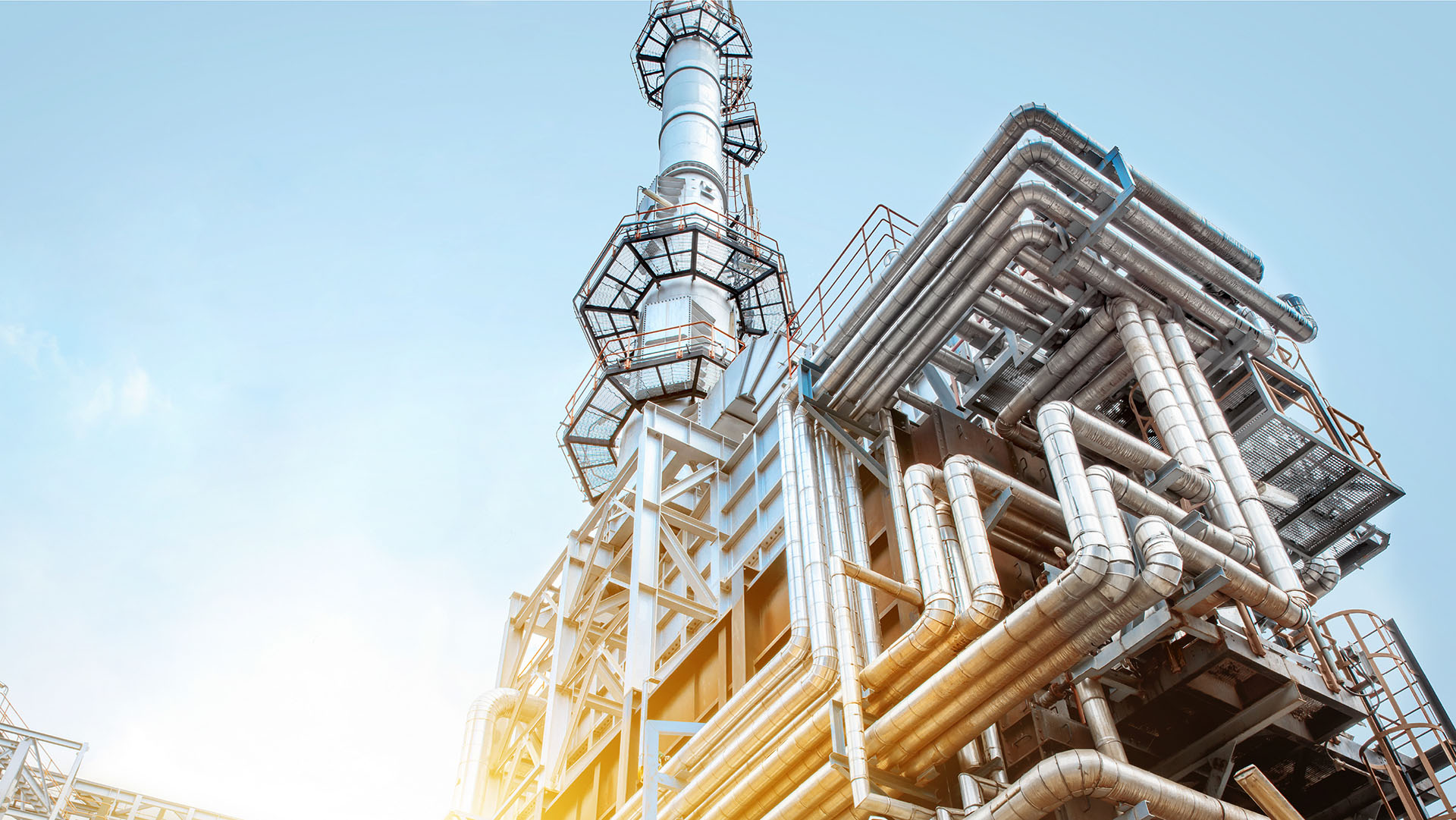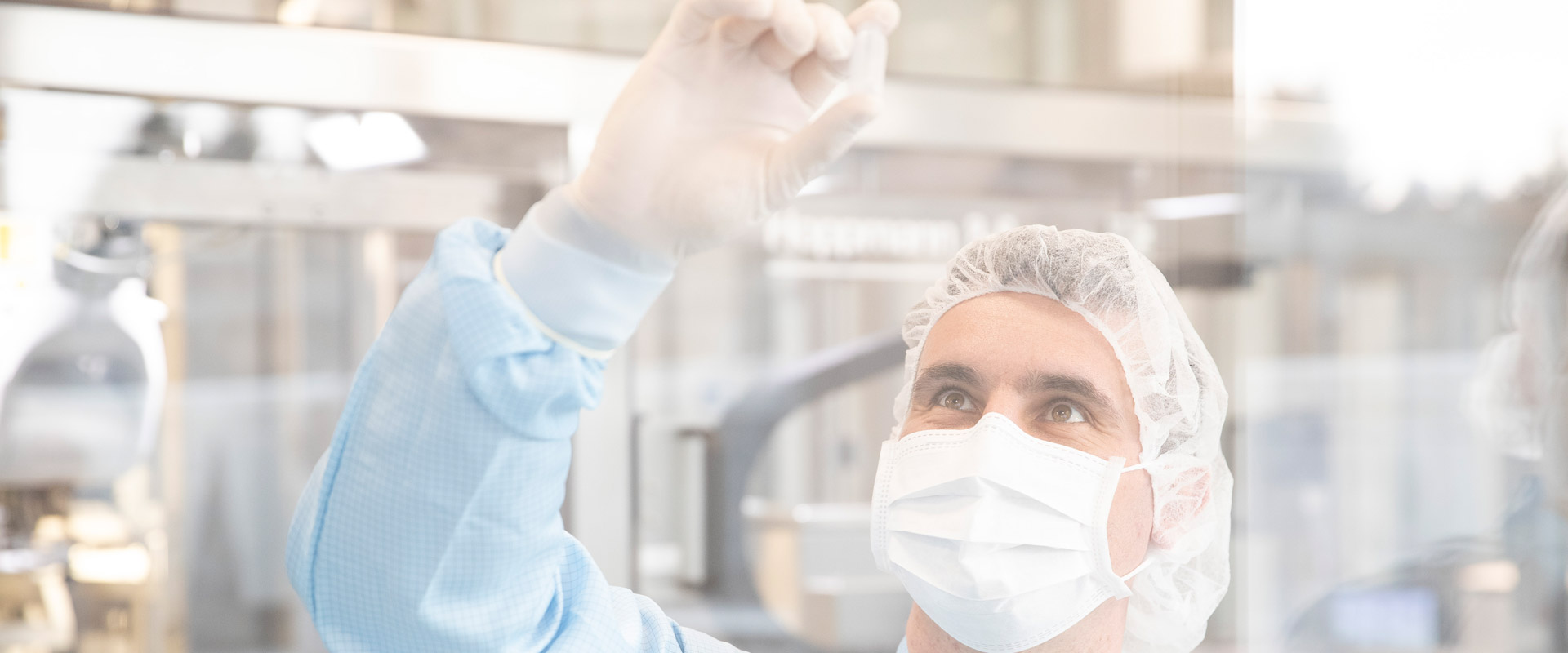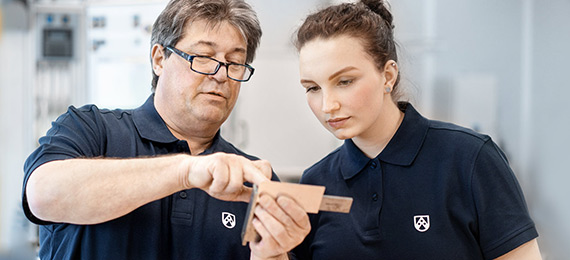Röchling Industrial invests almost ten million euros in sustainability
Röchling Industrial strengthens the circular economy
- Röchling Industrial strengthens the circular economy
- Massive expansion of the Röchling Sustainability Centre in Geeste-Dalum, Emsland by 2027
- Investment emphasises the high relevance of sustainability at Röchling Industrial
Leading plastics processor Röchling Industrial is investing almost ten million euros in expanding its plant in Geeste-Dalum, Emsland. The Röchling Sustainability Centre will be expanded extensively by 2027. "As a family business, sustainability plays a major role for us. The point of this investment is to live up to our responsibility and to ensure the future viability of our company. At the same time, we are strengthening the circular economy and expanding our international pioneering role in the long term," emphasises Franz Lübbers, CEO of Röchling Industrial.
Röchling Sustainability Centre closes value loops
Since 2021, offcuts from our own production and from customers have been returned to our facility in Geeste-Dalum and processed into new, valuable raw materials. They are cleaned, sorted and ground on site. The resulting recycled materials are reprocessed into high-quality semi-finished technical plastic products in our facility in Haren. "Thanks to their properties, thermoplastics in particular are ideal for mechanical reprocessing. Together with our customers, we systematically close value loops and in that way conserve valuable fossil resources," explains Wilhelm Korte-Dirxen, COO of Röchling Industrial.
"Our customers can then reduce their own amount of waste, return unused offcuts from production and purchase new semi-finished products made therefrom. Our extensive range of services and the high quality of our sustainable products strengthens the close relationship with our customers in the long term," adds Korte-Dirxen. The semi-finished products are sold in the Röchling-ReLoop® product family for sustainable plastics, which the plastics processor launched in 2022.
Innovative technologies for the successful reprocessing of plastics
The company is breaking new ground not only in terms of cooperation with customers. "Separating the waste pieces by type of plastic is a prerequisite for successful reprocessing. We utilise the latest technologies and facilities to provide a reliable and efficient sorting of plastics," says Korte-Dirxen. Polyethylene and polypropylene are primarily reprocessed in Geeste-Dalum. Other thermoplastics that were processed in one of Röchling Industrial’s 40 subsidiaries worldwide can also be reprocessed there.
Sustainability on more than 30,000 square metres of space
Once completed, the Röchling Sustainability Centre will cover an area of more than 7,000 square metres on more than 30,000 square metres of company premises. “Our goal is to process more than 10,000 tons of plastic waste per year in Geeste-Dalum,” explains Heiner Englisch, who is responsible for the site. In addition to the modern sorting plant, several new shredders as well as grinding and production plants will be purchased. A modern office building and a new production hall with more than 4,000 square metres will also be built in Geeste-Dalum. Both will be equipped with a large-scale photovoltaic system to use electricity from renewable energies. In total, the expansion and the associated increase in capacity will create around 20 new jobs.
Röchling Industrial has already invested five million euros in Geeste-Dalum. With the expansion, the investment amounts to 15 million euros. “The expansion is not only a clear commitment to sustainability, but also to our location in Emsland,” emphasises Korte-Dirxen. Röchling Industrial’s headquarters is located in Haren, about 30 kilometres away. Helmut Höke, Mayor of the municipality of Geeste, is delighted about the strengthening of the business location: ‘In just three years, the Röchling Group's company site in the district of Dalum has developed into a centre for recycling management. Over the next two years, 10 million euros will be invested. Röchling Industrial has the option of acquiring additional land for further growth.’
Sustainability as an important pillar of the corporate strategy
Sustainability is a key factor for the internationally active plastics processor, which has developed a comprehensive sustainability strategy "Products, People, Planet". "We take our responsibility as a plastics processing company very seriously. For that reason, we are working to make our products and processes more sustainable and strengthen fossil resources and the circular economy," explains Lübbers.
